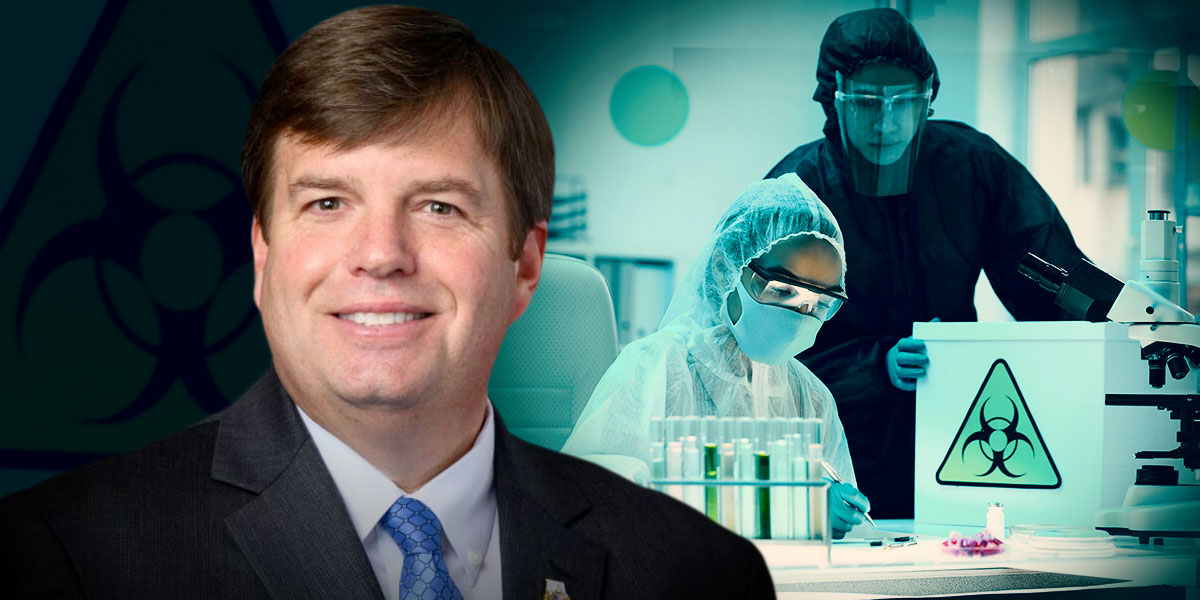North Alabama Congressman Dale Strong marked a major legislative victory with U.S. House passage of his first piece of authored legislation: The Department of Homeland Security Biodetection Improvement Act.
It passed the House unanimously, and according to Rep. Strong (R-Monrovia), will help keep the United States one step ahead of adversaries. The bill deals with improvements to the ever-evolving landscape of bioterrorism.
“I am glad that my colleagues recognized the importance of this legislation and passed it unanimously,” Strong said. “Threats from America’s enemies have continued to evolve and become more complex. The anthrax attacks of 2001 opened our eyes to a new threat landscape that included acts of bioterrorism.”
DHS created the BioWatch program in 2001 to monitor air samples for biological agents that could be used to potentially harm Americans. It currently operates across over 30 major U.S. cities in cooperation between DHS, the Centers for Disease Control and Prevention (CDC), and the Environmental Protection Agency (EPA).
RELATED: Preventing bioterrorism: Rep. Strong advances bill to upgrade homeland security program
“As a first responder myself, I know the difference that early detection makes. This legislation will ensure DHS is fully leveraging every tool and resource to accomplish the goal of protecting Americans against bioterrorism,” Strong said.
“As our adversaries watch on, we cannot afford to fall behind, America’s security depends on it.”
Strong’s bill will require DHS to do the following:
- Utilize the Department of Energy’s National Labs to develop new technologies related to biodefense.
- Develop a plan to acquire existing technologies to meet DHS’ bio-detection mission needs.
- Conduct external evaluations to identify gaps and potential failure points.
- Submit a report to Congress outlining a defined plan for the future of bio-detection.
Austen Shipley is a staff writer for Yellowhammer News.













